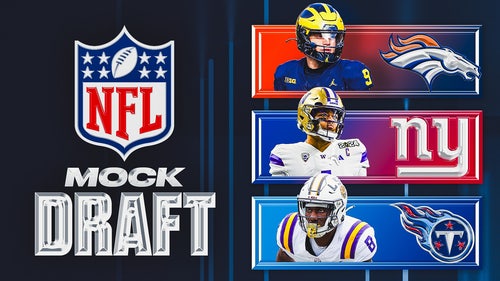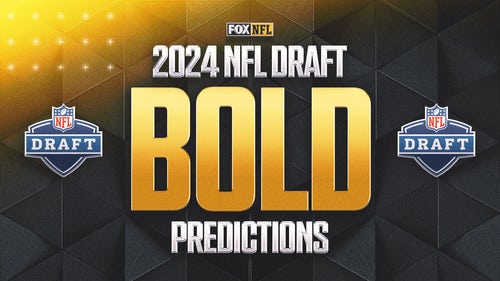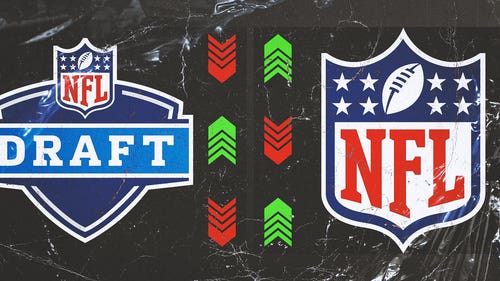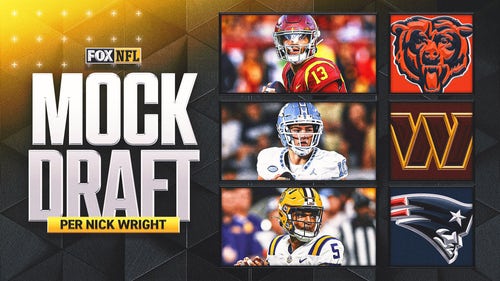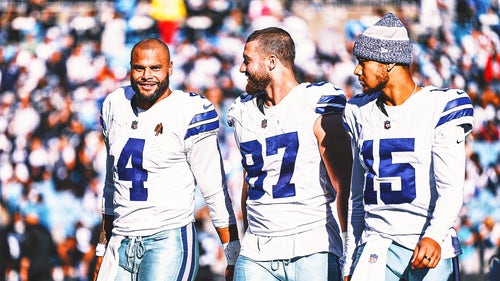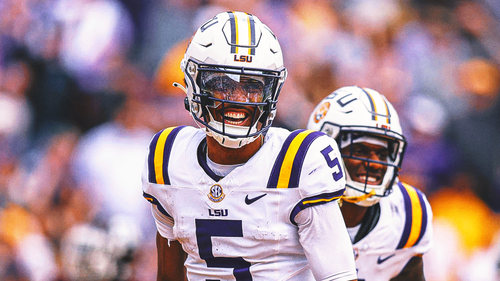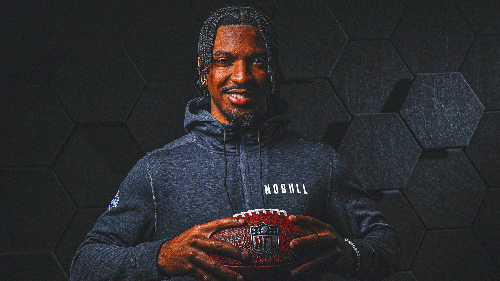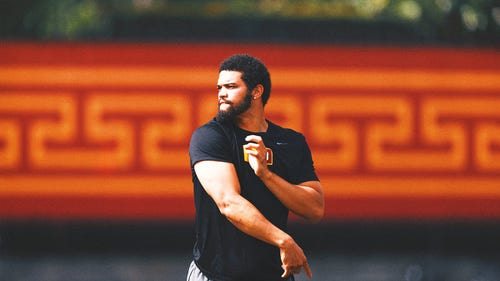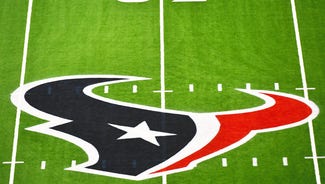
Will combined practices increase in NFL?
One week before the Atlanta Falcons' inaugural preseason game in 1990, then first-year coach Jerry Glanville, ostensibly in an effort to gauge whether his team had yet embraced the overt feistiness that he relished so much, scheduled an allegedly "controlled" scrimmage.
The opponent was the Philadelphia Eagles, who had already adopted the bad-boy image imbued by the equally irascible Buddy Ryan and late strong safety Andre Waters, and the sellout and bloodthirsty crowd arriving at Henderson Stadium in Macon that Sunday anticipated a brawl.
The fans weren't disappointed.
Fisticuffs easily outnumbered football, and the chances a player could be dumped into a spectator's lap were even greater than those that someone might be struck by lightning on the stormy afternoon. Heck, in between the 30 separate fights -- with three bench-clearing brawls, a call to the local sheriff's office to help restore order, Falcons linebacker Marcus Cotton dumping a cup of Gatorade on an Eagles player, and a profanity-laced shouting match between Glanville and Eagles' personnel director Joe Woolley -- a little football even broke out.
On the scoreboard, it indicated 12 series, and three scores. But on the unofficial scorecard? Well, suffice it to say, there were more left hooks thrown than there were left slants.
Wonder why there aren't many such scrimmages (skirmishes?) anymore in the NFL, or even combined practices? Blame it on the Falcons-Eagles fiasco of 1990. Or on the two-team New York summer-slam workout of 2005, which featured Jets' defensive coordinator Donnie Henderson screaming at Giants' coach Tom Coughlin. Or on the Houston-New Orleans dual practices last summer that included at least six fights.
"Whenever your team is going against somebody in a different colored uniform, the intensity is going to increase," said Jaguars head coach Jack Del Rio last week. "It's going to be a higher level than in camp. That's natural. Of course, if there's a fight every drill ... then it's just a waste of time."
Counting the Jaguars' trip here last week for two days of practices with the Falcons, there are only four sessions this summer involving two teams. The Falcons will work against New England this week in advance of the clubs' Thursday exhibition game. The Pats practiced with the New Orleans Saints for two days last week. And the Texans and Saints will reprise last summer's slugfest this week. There is a chance that Arizona and Tennessee will practice together this week, but that has yet to be finalized.
And so, not counting the Titans and Cards, there are only four franchises engaged this summer in dual-team practices at the same site.
Look for that number to expand exponentially in coming years when the NFL reduces the number of preseason games.
"It's hard to say (if the practices will increase)," said Patriots personnel director Nick Caserio last week. "Whenever that's finally decided, we'll comply with the league on that. It's going to be at the teams' discretion what they do moving forward. ... You want to try to work together as [much] as possible. It's hard to predict moving forward, but whatever it is, we'll deal with it."
Caserio and other personnel directors, along with coaches and players, had better be prepared to deal with the combined practices.
Take this to the bank: The change, probably to two preseason games, is coming. And the increased number of times that teams get together for practice will follow. Unlike his predecessor, who liked to throw possibilities against the wall to see what stuck and what slid off, commissioner Roger Goodell isn't much for floating trial balloons. If he has mentioned fewer preseason games and used fan unhappiness with exhibitions as at least part of the rationale, then a truncated summer schedule is coming indeed.
What won't change, though, are the teams' need to assess players. And with fewer games in which to do that, clubs will increasingly turn to the combined practice sessions.
"You still need to evaluate," said Atlanta coach Mike Smith last week. "And this is a good way for getting it done. It allows you to see how your guys are going to react when there is someone else on the field. It's not a game, don't get me wrong, but it's a pretty helpful tool."
The surprising part is that more teams haven't taken advantage of it in recent years.
The combined practices, even some camp scrimmages, used to be a staple. One reason is that Smith is right; it isn't a game and isn't played at the same tempo and with some of the unpredictability of a game. But coaches can fashion drills to simulate situations somewhat close to game conditions and can mandate tempo. The other reason is, as noted above, the propensity that still exists for TKOs to outnumber TDs.
But there weren't much more than brief dust-ups in the six Jacksonville-Atlanta sessions. Bill Belichick termed his two days with the Saints, the first combined sessions that he has scheduled since he arrived in New England in 2000, "among the most productive practices" he has ever conducted. Del Rio, who had never before practiced against another team, praised the value of the dual sessions. So did Smith.
Said New Orleans fullback Heath Evans, who also participated in the practices at Houston last summer: "You've got to have people who respect the game, and realize what's trying to be accomplished. And then, it works good."
Good enough to be considered as a substitute of sorts for the two preseason games that are about to disappear from the schedule in the next few years.
"If we cut back (to two games), I can see (more) teams doing it," said Washington coach Mike Shanahan, who convened combined practices during some of his Denver tenure, but whose Redskins won't even conduct their annual scrimmage with the nearby Baltimore Ravens this year. "Teams are going to have to consider it."
Len Pasquarelli is the National NFL Writer for The Sports Xchange. He has covered the NFL for 23 years and is a member of the Pro Football Hall of Fame selection committee. His NFL coverage earned recognition as the winner of the McCann Award for distinguished reporting in 2008.






































































































































